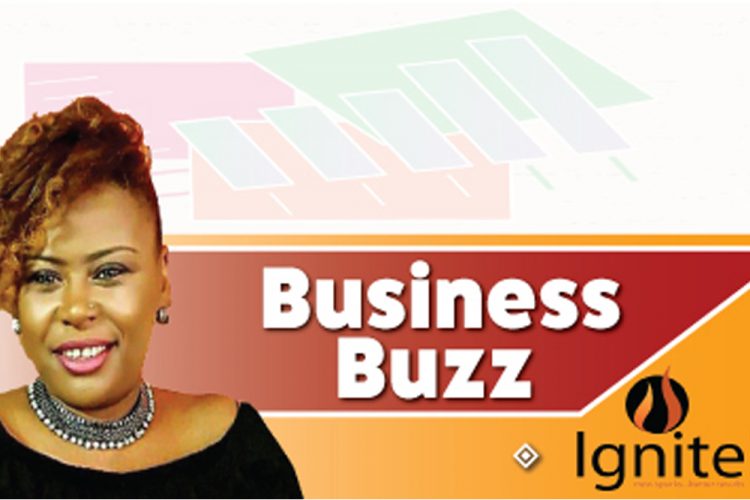The power of media training for your business – part II

Preparing for media training is just as important as selecting the right people for said training. Below are a few tips to bear in mind as you prepare to upskill.
Choose the right person(s)
Ask yourself: will this individual make a good spokesperson for the organization/business/brand?
Media training is relevant for small, medium sized as well as large businesses. If you are a larger organisation, select a few senior managers and subject matter experts so you are prepared for all levels of media enquiries. Reporters would want to interview someone who is knowledgeable about the subject matter. Additionally, consider the following:
- Is the chosen person easy to understand? Speaking too quickly or being difficult to understand because of speech patterns would require extra time and attention.
- Can the person remain calm under pressure? The last thing you need is a spokesperson who will be riled up because they are unhappy with a line of questioning from a reporter. Imagine this scenario playing out during a radio interview or a LIVE broadcast.
- Does the individual understand the importance of their role as a spokesperson? If you are sending someone to receive media training, they should be cognizant of how a positive news story can benefit the business; if they are, they will take the time to prepare for media interviews.
What to expect from media training?
Your media trainer should be able to offer a customized solution for your brand – it’s not a one size fits all; it would be best that you work with the trainer in advance to discuss specific areas that you wish to be covered in both training and practice interviews. Your sessions should at least contain information about how to work with reporters, practice interviews and interview coaching and critique.
In my first major role as a Public Relations Executive, my media trainer was supplied with videos of me speaking so as to ascertain what were my specific coaching needs and they were very aware of the industry in which I worked. The latter came in very handy for those practice interviews.
Of critical importance is messaging so that your spokesperson stays on track during a media interview e.g., you are launching a new concept and your communication campaign includes interviews with bloggers/vloggers, reporters, radio announcers, what will you say in seven to ten seconds to hook your audience i.e. what’s your main message and what are the positive points to support that main message?
If you are launching a guest house or restaurant and your main message is that it will deliver a great guest experience, during your training your trainer should be able to work with your company to develop a message map, which will include words/phrases which can be used as sound bites, press release headlines, social media posts etc, that will support that main message. With a message map, anyone that speaks on behalf of the business, tells one story consistently across all media, to all the consumers; it’s this consistent main message (with some variation in stimuli) that will allow you to breakthrough and earn a spot in your customer’s long-term memory.
Candice Sealey is the Founder & Principal Consultant at Ignite! a Full-service Marketing & PR Consultancy that helps businesses/brands to stand out, engage and connect with the right people through Strategy, Marketing, Media services and Design solutions.
Follow us on FB & IG @igniteresults
Email: igniteresults@gmail.com









